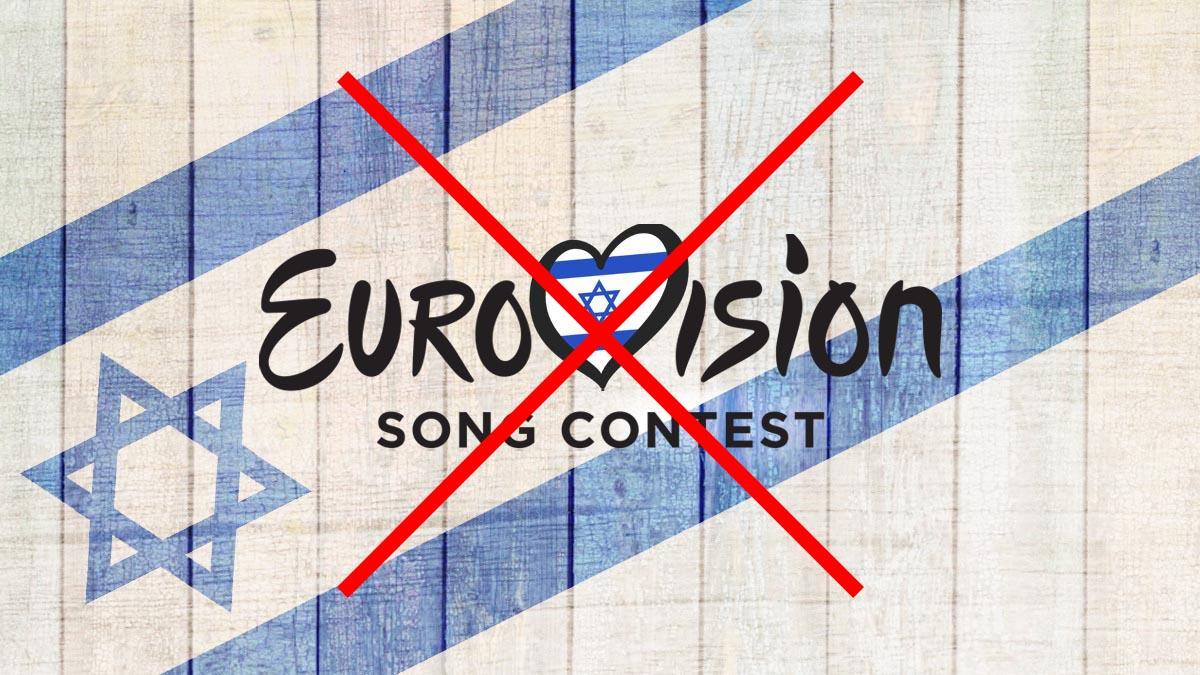
The chairman of Iceland’s National Broadcaster calls for Israeli participation in Eurovision 2026 to be allowed only under a neutral flag and with a public declaration supporting human rights and Eurovision values.
due to the israel-gaza war, the chairman of Iceland’s National Broadcaster, Stefán Jón Hafstein, is calling for Israel to be banned from Eurovision 2026. He proposes that only independent Israeli artists be allowed to participate under a neutral flag, meaning they would not be able to display the Israeli flag during the contest—and that they must publicly express support for Eurovision’s core values, including a strong commitment to human rights worldwide. This demand, which comes ahead of the upcoming European Broadcasting Union (EBU) meeting regarding Israel’s participation, once again places Israel at the center of an international controversy surrounding Europe’s most popular song competition.
The Broader Significance: Eurovision’s Values and the Test for Israel
The demand to boycott Israel at Eurovision is, for many, rooted in the precedent of Russia’s removal from the contest in 2022 following the war in Ukraine. While the circumstances differ, many see this as a double standard in the enforcement of Eurovision’s values and question whether selective enforcement is at play. Among fans, feelings are mixed: on one hand, there is concern for the future of the contest and Israel’s standing; on the other, pride in the contributions of Israeli artists to European music. It is clear that many view the call to boycott Israel as a political move that undermines the spirit of Eurovision, which is founded on connecting nations, especially in difficult times.
Background: Russia’s Removal, Competition Rules, and Future Implications
As mentioned, the current demand is based on the EBU’s decision to exclude Russia from Eurovision in 2022 due to the invasion of Ukraine. However, unlike the Russian case, a so-called “compromise” is being proposed here: to ban official state participation by Israel, but allow independent Israeli artists to take the stage under a neutral flag, provided they publicly declare their support for the competition’s values and human rights. This is an unprecedented demand that raises ethical and legal questions: can artists be required to make a political statement as a condition for participation? And what does this mean for the Israeli creative community, known for its diversity and cultural impact on the contest over the years? From my experience as a longtime Eurovision viewer, it is clear that any such change would generate massive media attention, place the contest at the center of global debate, and prompt reactions from all sides.
Expert Analysis: Between Politics and Music—The Future of Eurovision
Eurovision has always been much more than a song contest—it is a platform for values, identity, and sometimes politics. The demand to boycott Israel, or to impose conditions on Israeli artists, places the EBU in a dilemma: should it continue to preserve the contest as an island of shared culture, or allow divisive voices to determine who can participate? As we have seen in the past, Israeli performances—such as Dana International’s in 1998—have become symbols of openness and equality. Therefore, any decision made will affect not only Israel but the very character of the competition.
Trends and Future Outlook: Will Eurovision Rules Change?
The current controversy may prompt the EBU to update the contest’s rules—not necessarily for justified reasons or in line with Russia’s removal, but due to entirely political pressures from anti-Israeli factions. If the proposal to allow only independent artists to participate under a neutral flag is accepted, it would mark a historic change that could impact other countries in the future and fundamentally alter the competition.
Eurovision 2025: The 69th Eurovision Song Contest was held in the city of Basel, Switzerland, on May 13, 15, and 17. This marked the third time Switzerland hosted the contest, with the previous occasion being in 1989 in Lausanne. The venue for the event was St. Jakobshalle, which has a capacity of 12,400 seats. It was the first time that Basel served as the host city for the Eurovision Song Contest.


